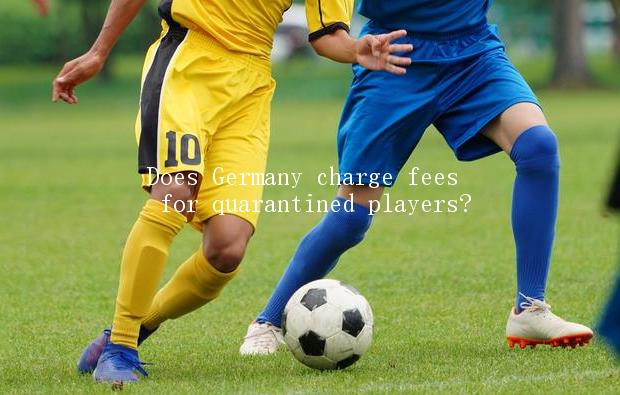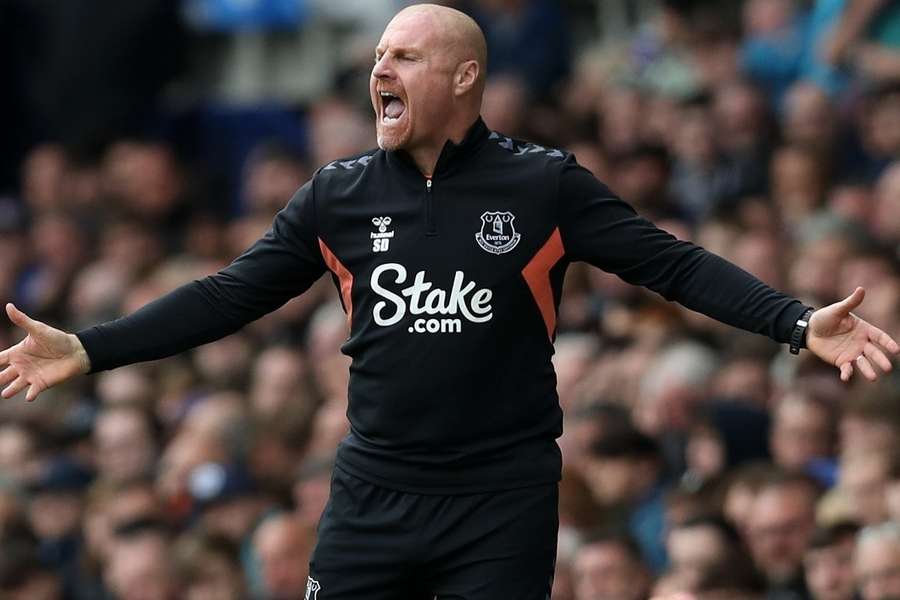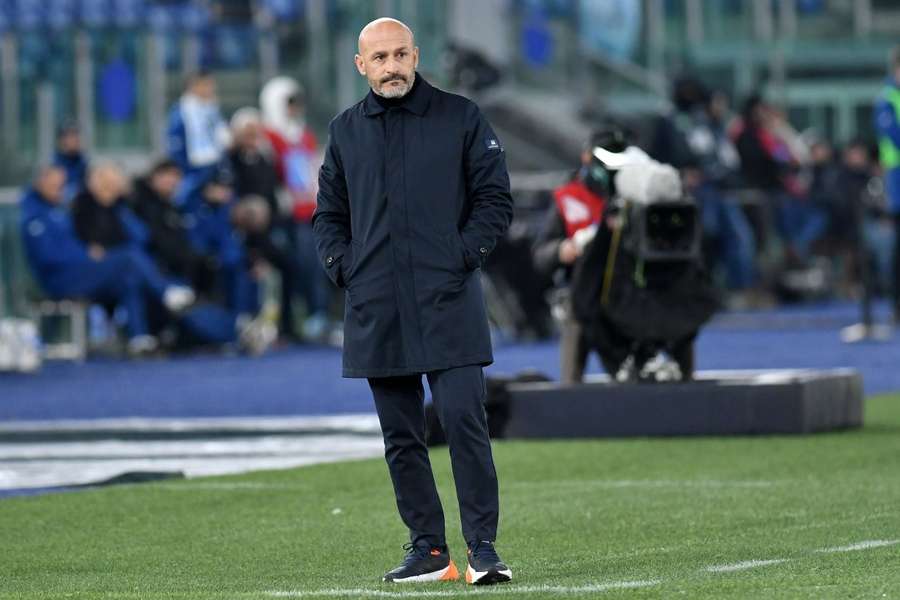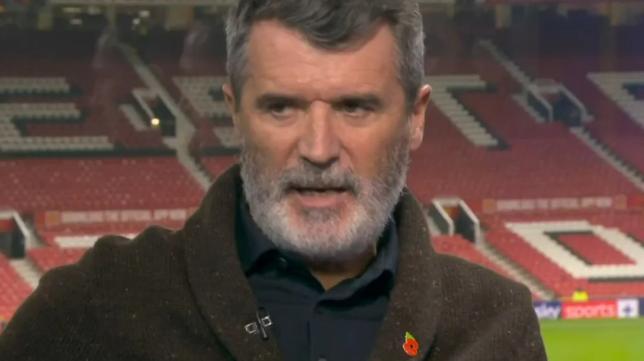Does Germany charge fees for quarantined players?

The German Football Union's new policy introduced in 2020 has attracted widespread discussion, requiring players returning from overseas to be quarantined during the COVID-19 epidemic and have to bear their own quarantine costs.
The German Football League said the decision was made to reduce the risk of the spread of the epidemic and protect the health and safety of players and the public. By charging players for isolation fees, players 'sense of responsibility and self-discipline can be increased, and it can also provide certain compensation for clubs to prevent risks.
In theory, this policy is reasonable. After all, during the epidemic, all walks of life faced huge challenges, and players should also shoulder certain social responsibilities. In addition, since players usually earn more, it is not difficult for them to bear the costs of isolation.
However, this policy has caused some controversy. On the one hand, bearing isolation costs may put a financial burden on players. Although it is not a problem for high-income players, it may increase financial pressure for players with relatively low incomes.
On the other hand, some people believe that players are an asset of the club and the club should provide better protection and care for the players. Players work hard and work hard for the club. When they face difficulties, the club should take the initiative to help them, rather than ask them to bear the costs themselves.
The German Football League's decision makes sense in terms of protecting health and safety. However, whether to charge fees for quarantined players remains a controversial issue. For clubs and players, a balance should be found that not only ensures health and safety, but also takes into account the rights and interests of players. This requires the joint efforts of all parties to jointly face this global challenge.
RELATED STORIES






LATEST NEWS







